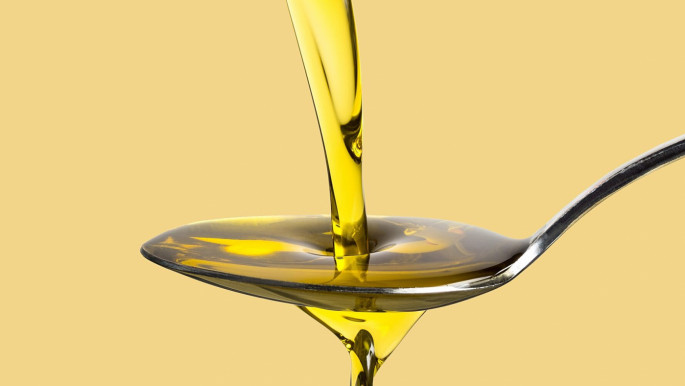Strengthening India-Malaysia Relations: Focus on Maritime Security and Palm Oil Cooperation

On August 20, 2024, Malaysian Prime Minister Anwar Ibrahim will visit India, starting with a ceremonial reception at Rashtrapati Bhavan and paying homage at Raj Ghat. His discussions with Prime Minister Narendra Modi will focus on enhancing the Enhanced Strategic Partnership from 2015, covering economic cooperation, defense, and regional security. Key topics include boosting trade, particularly in palm oil, and strengthening maritime security. The visit highlights deepening India-Malaysia ties and addressing mutual interests.
According to an official statement issued by the Ministry of External Affairs (MEA) on Tuesday (August 20, 2024) Prime Minister Anwar Ibrahim will be welcomed with a ceremonial reception at Rashtrapati Bhavan, followed by a visit to Raj Ghat to pay homage to Mahatma Gandhi. The main focus of the visit will be the bilateral discussions with Prime Minister Narendra Modi, where the leaders will explore ways to enhance their Enhanced Strategic Partnership, established in 2015. These talks are expected to cover a range of topics, including economic cooperation, defense collaboration, and regional security.
Rajnath Singh inaugurates Coast Guard Air Enclave, Pollution Response Centre to enhance maritime safety
The meeting is also an opportunity to further solidify India-Malaysia ties by focusing on trade, investment, and technology partnerships. Prime Minister Modi will host a luncheon in honour of his Malaysian counterpart, highlighting the importance India places on strengthening relations with Malaysia. Additionally, Prime Minister Anwar Ibrahim will meet with President Droupadi Murmu and External Affairs Minister S Jaishankar, underscoring the significance of this diplomatic engagement.
Enhanced Cooperation in Palm Oil Trade
A key agenda item during the visit is the expansion of cooperation in the palm oil trade. Malaysia is one of the world’s largest exporters of palm oil, and India is a significant importer, relying heavily on this commodity for its food processing industry. In July, India and Malaysia decided to increase bilateral cooperation in the field of edible oil, especially in the cultivation of oil palm and the production and trade of palm oil.
Union Minister for Agriculture Shivraj Singh Chouhan met with Malaysia’s Minister of Plantations and Commodities, Datuk Seri Johari Abdul Ghani, to discuss the National Mission on Edible Oils and India’s plan to boost oil palm cultivation. Malaysia offered its expertise in research and development, seed supply, and partnership management to support India’s goals. Datuk Seri Ghani emphasized the versatility of palm oil, noting that India imports three million tonnes of palm oil from Malaysia annually.
Malaysia exports 14.8 million tonnes of palm oil globally, with India being its largest partner. Datuk Seri Ghani expressed optimism about the future of palm oil, which is used both as an edible oil and a biofuel. He also highlighted Malaysia’s commitment to meeting sustainability standards, particularly in light of the European Union’s stringent requirements. Despite discussions on reducing imports, he noted that palm oil remains irreplaceable for India, and no significant decrease in imports is expected.
Maritime Cooperation: Securing Regional Stability
Maritime security will also be a crucial topic during Prime Minister Anwar Ibrahim’s visit. Both India and Malaysia recognize the strategic importance of their locations in the Indian Ocean region, making maritime cooperation essential for regional stability. The discussions are expected to focus on enhancing naval collaboration, conducting joint exercises, and sharing intelligence to secure vital sea lanes.
This cooperation is vital in addressing common challenges such as piracy, illegal fishing, and maritime terrorism. Strengthening maritime ties will not only bolster regional security but also ensure the safety and prosperity of both nations through secure trade routes.















